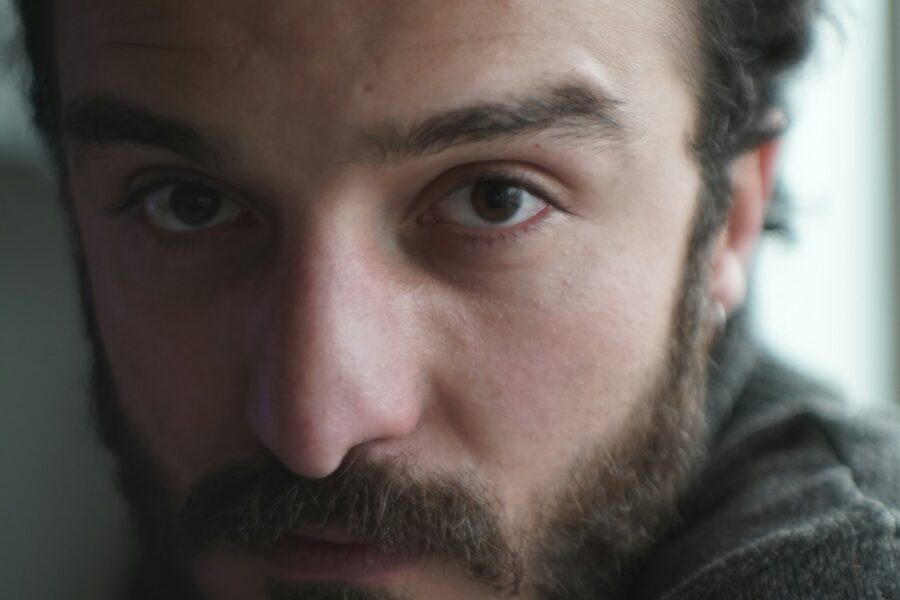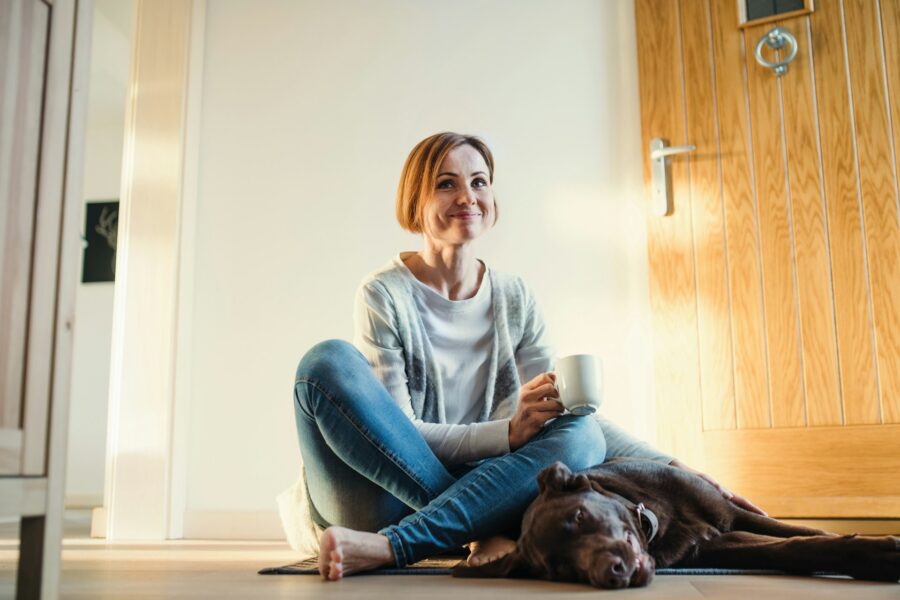Wellness practices aren’t broken, necessarily, but they’re often missing a layer.

You try to eat well, move regularly, sleep enough, but something still feels off. That doesn’t mean you’re doing something wrong, or not doing enough, it just means you might need a few tweaks. Biohacking fills that gap by helping you tune into your body’s signals with more clarity and customisation. It’s not about extremes—it’s about precision.
1. It helps you work with your body’s natural rhythm, not fight it.

Many health routines are built on external rules—sleep at this time, eat that way, train like this. However, biohacking is about noticing how your body actually responds, then adjusting based on real feedback rather than guesswork.
You might realise you think better mid-morning, or that intense workouts leave you more drained than energised. When you understand your own biology, you can build habits that feel intuitive instead of forced. Wellness stops being something you chase, and starts becoming something that fits.
2. It takes you beyond motivation and into observation.

We’re told that motivation is everything, but it’s not reliable. Biohacking takes a different approach by focusing on patterns, signals, and what the body is already telling you. It becomes less about trying harder and more about listening better.
You might notice that certain foods crash your energy mid-afternoon or that your best focus comes after sunlight and protein. This kind of self-tracking helps cut through confusion, giving you actual data to work with rather than relying on hope and willpower.
3. It helps you recover smarter, not just push harder.

A lot of wellness routines are focused on what you can do—exercise, productivity, intensity. Biohacking reminds you that recovery is just as vital. That includes better sleep, nervous system regulation, and learning how to recharge your energy in sustainable ways.
This could mean incorporating things like breathwork, cold showers, red light exposure, or magnesium at night. These aren’t just trendy extras—they’re tools that help your body process stress, heal faster, and show up stronger without burning out.
4. It doesn’t require high-tech gadgets to be effective.

There’s a common idea that biohacking requires expensive wearables, cryo chambers, or private blood tests. The truth is, many of the most powerful biohacks are free: morning sunlight, daily movement, sleep rhythm syncing, and focused breathing.
You don’t need fancy tools; you need awareness and consistency. Once you start noticing how small changes affect your energy, mood, and focus, you can build a routine that’s effective without being complicated.
5. It brings your attention back to cause and effect.

Biohacking encourages a curious mindset. Instead of thinking, “I’m tired for no reason,” you start asking, “What did I eat? How did I sleep? Was my screen time too much yesterday?” You reconnect with the small choices that shape your day.
This reflection creates clarity. You’re no longer in the dark about your energy dips or brain fog. You’re experimenting, noticing, and adjusting based on what your body is already trying to tell you. That internal awareness is a game-changer.
6. It gives your nutrition a personal foundation.

Nutrition advice is everywhere, and often contradictory. One person swears by fasting, another by carbs. Biohacking helps cut through the noise by asking a better question: “What does my body respond well to?”
You might learn that eating earlier in the day keeps your mind sharper, or that certain meals help you sleep better. This personal feedback removes the need to follow trends, and replaces it with something far more powerful—what actually works for you.
7. It makes stress something you can track and improve.

Stress isn’t just a feeling; it’s a measurable response in your body. Things like heart rate variability, resting heart rate, and even digestion patterns can show how your body is handling pressure long before burnout hits.
Instead of pushing through stress blindly, you start making informed choices—like adjusting your workout, getting more daylight, or slowing your breath. These small shifts can calm your system before it crashes. It’s not just stress management. It’s stress prevention.
8. It shows you how powerful sleep quality really is.

Sleep tracking—whether through tech or just self-awareness—reveals how deeply rest shapes every other part of your life. It affects hormones, digestion, mood, memory, and even how much willpower you have the next day.
You might find that eating too late impacts your sleep, or that blue light delays your natural wind-down. Biohacking turns sleep into something strategic, not just passive. It helps you build a routine that lets your body do what it’s meant to—repair, reset, and restore.
9. It helps you create consistency without burnout.

Many people fall into the trap of doing too much all at once, then crashing. Biohacking is all about small adjustments and steady observation. You’re not overhauling your life overnight—you’re gently fine-tuning over time. That slow build allows for long-term change. When you know what works, you don’t need to force discipline—you just follow the results. Your wellness routine becomes something you trust, not something you struggle to maintain.
10. It brings the focus back to your own body.

So much of wellness is external—apps, experts, trends, influencers. Biohacking flips that by helping you tune in to what your body already knows. It gives you permission to stop copying and start calibrating. That doesn’t mean ignoring science or skipping guidance. It means being the expert on your own biology. And once you build that trust with your body, your health stops being confusing, and starts feeling like something you can actually lead.


